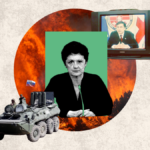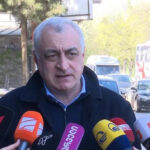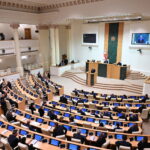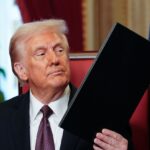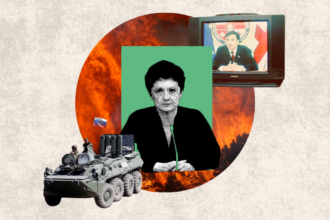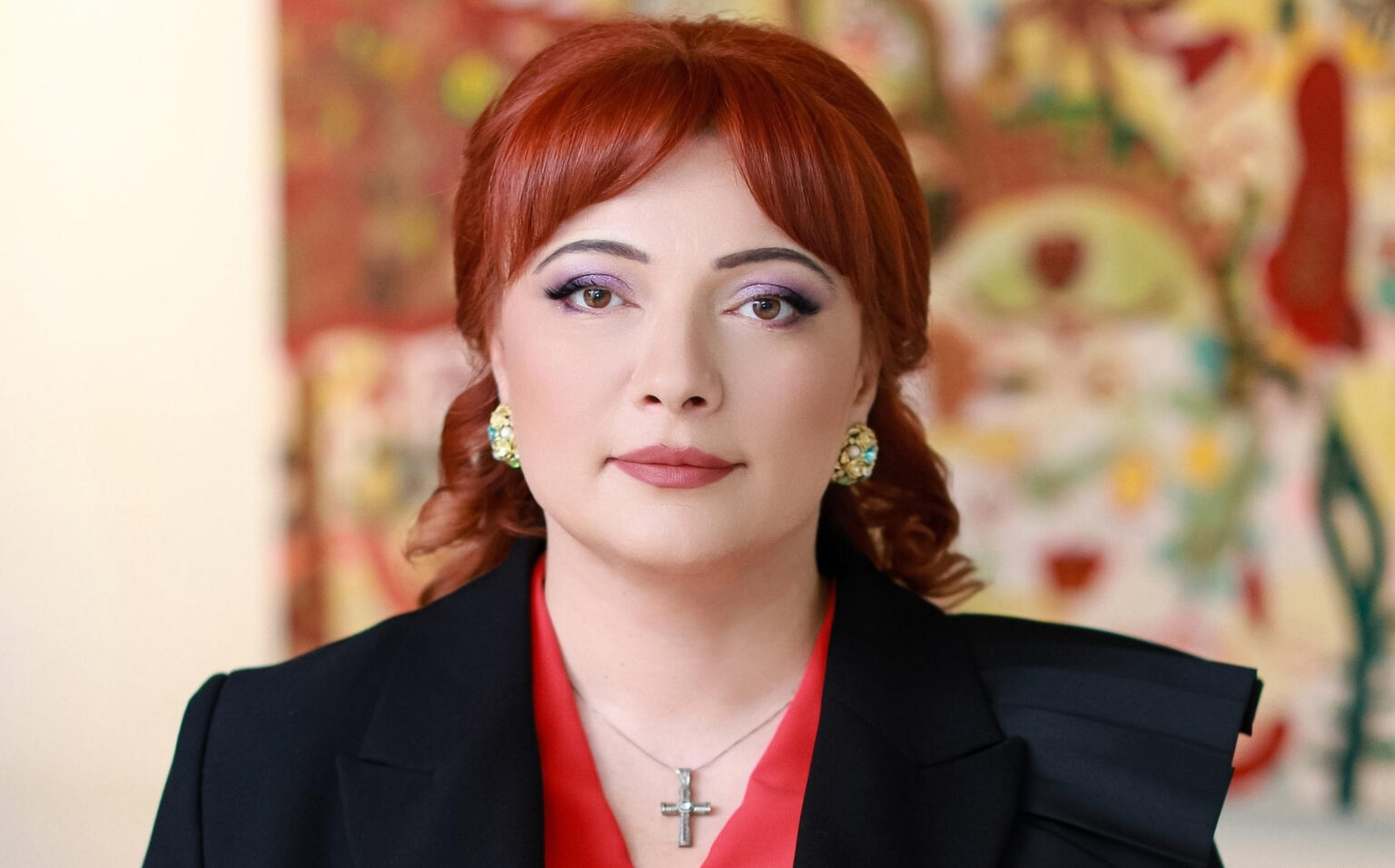Introduction
Georgian history is filled with episodes of struggle for freedom and independent. We Georgians were forced to fight for our freedom, our political independence, as well as the protection of their territories. We tried to achieve a place in the international arena through various efforts. In the past, we wanted to be part of Europe. The enemy has forced us to leave Europe and become part of a totalitarian regime by using force.
Today, we must follow in the footsteps of our ancestors to achieve tangible results and full integration into European structures. We must respect the path of the great ancestors, and make sure that we choose the European option for achieving state goals. The future of Georgia lies in the European Union. There is no other option. The human being is the cornerstone of the system, as well as the creation of a suitable environment for individual development and protection of fundamental freedoms and rights. It is important to create a brighter future for our young generation.
How to maintain peace
Due to its geographical location and geopolitical situation, maintaining peace in Georgia is a major task for the statehood. But, ensuring a positive peace without the support of partners, and performing reforms, is not possible. According to the rules of international political and current geopolitical conditions, Georgia under occupation and annexation must clearly define its strategic allies, and deepen their cooperation, especially in security and defense, by creating new opportunities. Peace is also dependent on sustainable development. It is therefore vital to implement Georgia’s European objectives and goals.
The European Union is multidimensional today. It is a union of important European countries. With their support, we can create a democratic and stable environment in Georgia for its citizens and provide them with many opportunities. In practice, this means protecting the rights of employees (the principle of equal pay and equal work was included in the Rome Treaty in 1957), students teachers, professors doctors, public servants farmers, pensioners, etc. The introduction of European Standards also means the rejection and development of institutions that are based on merit. This creates the motivation needed for progress, advancement and innovation in the 21st Century, in the age of digital technologies.
Challenges
The European Council granted Georgia EU candidate status in 2023. In 2024, however, the law “On Transparency Foreign Influence”, adopted by the Parliament in Georgia (which, due to its content, is a Russian Law), led to the suspension the process of geopolitical significance. This legislative act is not compatible with European values. It stigmatizes civil and media organisations. It causes divisions in society and damages the national interests of the country. Due to restrictions on fundamental rights, the state is unable to form a European democracy system and take advantage of a crucial geopolitical opportunity. European integration requires initiatives that do not harm civil society but contribute to its improvement. A system of checks-and-balances is crucial for democratization. It is impossible to have a functioning democracy without a free media and societal environment.
The non-strategic and unjustified decisions we made did not allow us more tangible results in the path of European Integration. They have also slowed down this important process. The European Union has opened accession talks with Ukraine and Moldova. We should also begin negotiations with the European Union. This will give a different impetus to European integration. The EU Commission, for example, has adopted a EUR1.8billion support package to support Moldova’s economic development plan on its way to the EU. The EU’s largest financial package since Moldova gained independence, the plan will boost Moldova’s economic growth, accelerate reforms and provide significant financial aid. The Moldova Growth Plan is built on three pillars: increasing financial assistance over the next three-year period through a dedicated Reform and Growth Facility, based upon the upcoming Reform Agenda and discussed priority investment requirements with Moldova; improving access to the European Union single market; and supporting Moldova’s fundamental and socio-economic reforms. This package shows how European integration can lead to sustainable development for the country, and creates a solid base for Georgia in renewing the process.
We have seen how non-strategic and false decisions have severely damaged the Georgian Foreign Policy Priorities enshrined by the Constitution of Georgia. The United States, our most important strategic partner has postponed Noble Partner in Georgia indefinitely. According to a statement from the U.S. Department of Defense “the decision to postpone the exercise is due to Georgia’s false allegations against the United States, other Western entities and Georgia that they were pressuring Georgia to open up a second front to Russia to relieve pressure on Ukraine and of taking part in two coup attempts”.
Denmark has reviewed its aid to Georgia, and suspended certain planned activities and a new programming support. The UK has decided that it will freeze Wardrop Dialogue, and pause the new cyber security program.
According to the decision, the European Council ”reiterates its serious concern about the course of action taken the Georgian Government, which runs against the values and principles on which the European Union was founded. The European Council reminds that this course of action puts Georgia’s European path in danger and de facto stops the accession process. These decisions show that we are facing serious challenges in the fields of foreign policy, security, economy and others. This situation threatens the future of Europe, democracy, and peace.
Conclusion
We must make the right decision and return to the Euroatlantic track to implement the Georgian Foreign Policy Priorities enshrined within the Constitution of our nation. The parliamentary election should be a legitimate basis to share power, which will allow the parliamentary democracy in Georgia to create a coalition government. We cannot restart our relations with strategic partners and we can’t achieve results on the European road if we don’t. We may also face new challenges. To achieve a peaceful, European and united Georgia, it is important to strengthen its democratic institutions. We can achieve this goal through free and fair elections. Each of us is responsible for our country in this process.
Khatuna is a Professor of Foreign Policy Studies at Geocase. She has worked in the legislative branch, executive branch, and judicial branch. Prof. Dr. Khatuna burkadze worked for the Parliament, Ministry of Foreign Affairs and Office of the Prime Minister of Georgia.
Khatuna burkadze, Ph.D., is a graduate of The Fletcher School of Law and Diplomacy at Tufts University. She was a Fulbright Scholar at the MIT Center for International Studies and a visiting Professor at Columbia University, Bard College and The Fletcher School of Law and Diplomacy. Prof. Dr. Khatuna burkadze completed programs at Harvard University, George C. Marshall European Center for Security Studies and Bard College on negotiation and security studies. She is a graduate of the U.S. Department of State‘s Program on American Foreign Policy.
Read More @ www.interpressnews.ge


